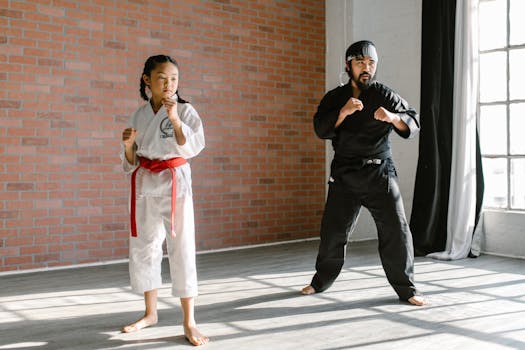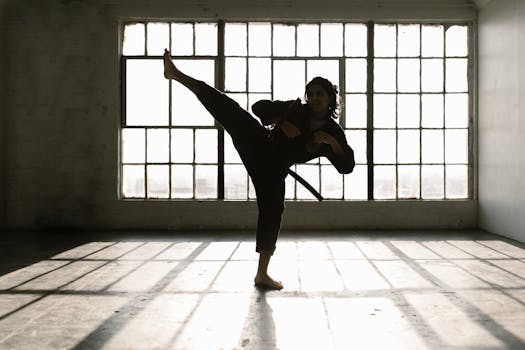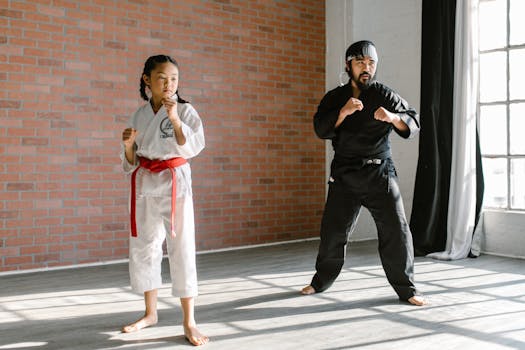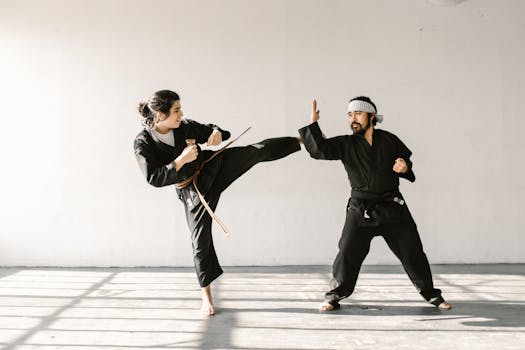Evaluating the Impact of a Fighter's Age on UFC Match Outcomes
Understanding how a fighter’s age impacts their performance in the Ultimate Fighting Championship (UFC) is crucial for fans, analysts, and bettors alike. Age can influence physical capabilities, experience level, and tactical understanding in the octagon, which in turn affects match outcomes. This article delves into the significance of age in UFC fights, exploring various factors and providing a comprehensive analysis.
The Role of Age in Physical Performance
One of the primary considerations in assessing the impact of age on UFC outcomes is the physical condition of the fighters. Generally, younger athletes tend to have higher endurance, strength, and recovery rates. This is largely due to biological factors, as peak physical condition typically occurs from the late teens to the early thirties for most individuals.
Advantages of Youth:
- Higher speed and agility
- Quicker recovery times
- Less prone to serious injuries
- Lack of experience
- Potentially underdeveloped tactical knowledge
- Enhanced mental toughness
- Superior strategic and tactical understanding
- Ability to handle high-pressure situations
- Slower physical response
- Higher risk of accumulated injuries impacting performance
- Randy Couture, one of the oldest champions in UFC history, captured the heavyweight title at age 45. His career exemplifies how experience can sometimes outweigh physical decline.
- Prolonged career longevity
- Reduced risk of injuries
- Maintenance of competitive edge
- May not completely counteract the natural decline in physical abilities
- Requires significant adjustments and resources
Disadvantages of Youth:
Experience and Tactical Acumen
While younger fighters may have the edge physically, older fighters often bring a deeper level of experience and strategic understanding to their matches. Experience in the UFC can lead to better decision-making, improved fight IQ, and the ability to anticipate opponents’ moves more effectively.
Advantages of Experience:
Disadvantages of Experience:
Statistical Insights on Age and UFC Performance
Research and statistics offer valuable insights into how age affects UFC fighters' performance. Studies have shown that fighters in their late twenties to early thirties tend to perform best, with a noticeable decline often beginning in the mid-thirties. For instance, a comprehensive analysis by Fightnomics revealed that fighters aged between 22 and 29 win approximately 60% of their matches against older opponents.
Practical Example:
Age-Related Training and Adaptation
To mitigate the effects of aging, many seasoned fighters adapt their training regimes and fighting styles. This includes focusing more on technique rather than raw power and incorporating comprehensive recovery routines.
Advantages of Adapted Training:
Disadvantages of Adapted Training:
Conclusion
Age is a significant factor in UFC, influencing match outcomes in various ways. While younger fighters generally have better physical attributes, older fighters can leverage their experience and tactical prowess. The key to success at any age in the UFC often lies in the ability to adapt—whether by refining physical condition or by enhancing tactical skills.
For fans and bettors, understanding these dynamics can enhance the viewing experience and improve betting accuracy. For fighters and coaches, recognizing the importance of age-related strategies is crucial for long-term success and career longevity.
Remember, every fighter is unique, and countless variables contribute to their performance. Always consider the broader context of a fighter’s age, including their health, training quality, and motivation levels.
For a deeper dive into UFC statistics and fighter performance analysis, visiting sports analytics websites can provide additional insights and data-driven predictions.

.png)





